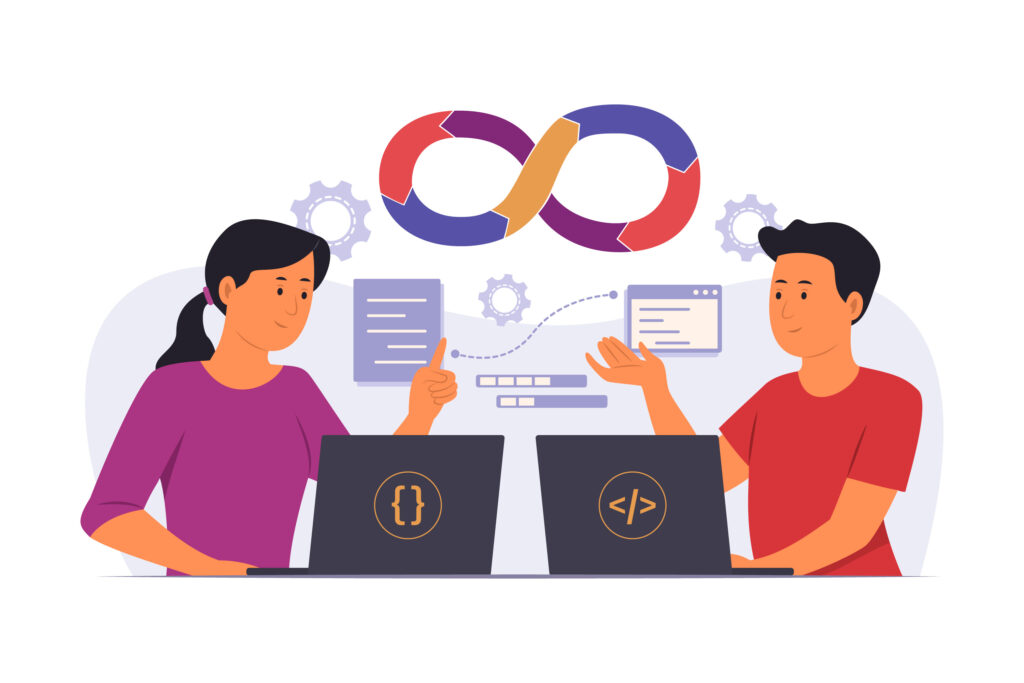6 Architectural Concepts to Get Familiar With

Object Oriented Paradigm The paradigm’s roots started in the 1960s and became dominant during the 1990s. Although it is not exactly an architectural paradigm, it is used as a basic organization of components. The Object Oriented Paradigm basically states that everything is an object; data is contained in fields, and code is run with methods […]
Composite objects – (how) do you assert them?

Let me start with a code sample (in java) that will demonstrate what I am going to talk about: … private IMAPService _mapService; public RealEstateField createField(List<Coordinate> coordinates) { RealEstateField field = new RealEstateField(); field.setCoordinates(coordinates)); field.setAddress(_mapService.findAddress(coordinates)); double surface = _mapService.calcSurface(coordinates)); field.setSurface(surface); field.setCenter(_mapService.findCenter(coordinates)); field.setPrice(surface * _pricePerMeter); //… […]
Unit tests, do they worth it?

Often I hear people doubting the effectiveness of unit tests, they usually say “most bugs we encounter with are ‘integration bugs’”, “they usually happen due to integration flaws with the DB, with some external API, with some configuration, etc.” Do they right? Well, it depends. Consider the following scenario in which I am sure you’ve been […]
5 Things to Improve Your Code Review

Understand the Requirements The first step for a productive code review is to understand what the task was all about and think about possible solutions. Once you understand the requirements, the code review can be more productive since you are focused on the problem to be solved rather than on a shallow read-through of the […]
Warning! Coderoaches!

Imagine a cool startup place. It has top notch working stations, huge monitors, the latest keyboards. Programmers have open cheques to choose their workstations: Mac Pro, Symphonia, ThinkStation – you name it, you got it.Vintage Pinball and Pacman machines alongside Xbox One and PS4 Pro. You know, The Works. You also see pizza trays and noodle boxes laying […]
Legacy Code – costs you a hell of a lot of money

Have you ever stopped to think about how Legacy Code impacts your time & money? How it impacts your products’ quality, hence, your customers? How it affects your employees? In this article I will try to cover the bad impacts of Legacy Code, impacts that actually cost the organization money and quite a lot of it. […]
Product Owner – The Good, the Bad and the Ugly

I’ve had this thought for a while now of demonstrating how can people and organizations deal with everyday situations and present an analysis of them based on my personal views, while some might find this judgmental, others may find this an interesting reflection of their behavior and explore alternatives. For the sake of the following […]
Do You need a Scrum Master?

“A good Scrum master can serve a few teams. A great Scrum Master will serve only one”. rephrasing Michael James There’s an ongoing debate on whether a team needs a full time Scrum master for the long run or not. Many teams feels that the duties of SM only fills a part of his […]
Who’s Responsible For The Daily Standup?

A Scrum Master recently asked me: What should he do if the team members don’t want to do the daily standup every day? After all, he told me, the daily stand up should happen every day, shouldn’t it? Well, first thing’s first. One thing you should know about Scrum is, that if you don’t hold […]
Hey, PO, Push That Button!

One of the worst nightmares of a plant manager or a supermarket owner is the silence that accompanies a complete halt at the production line or at the checkouts. Complete halt means nothing progressing, which means no revenue, which means no money. Which means big problems now. At Toyota, however, the philosophy is quite different. […]



